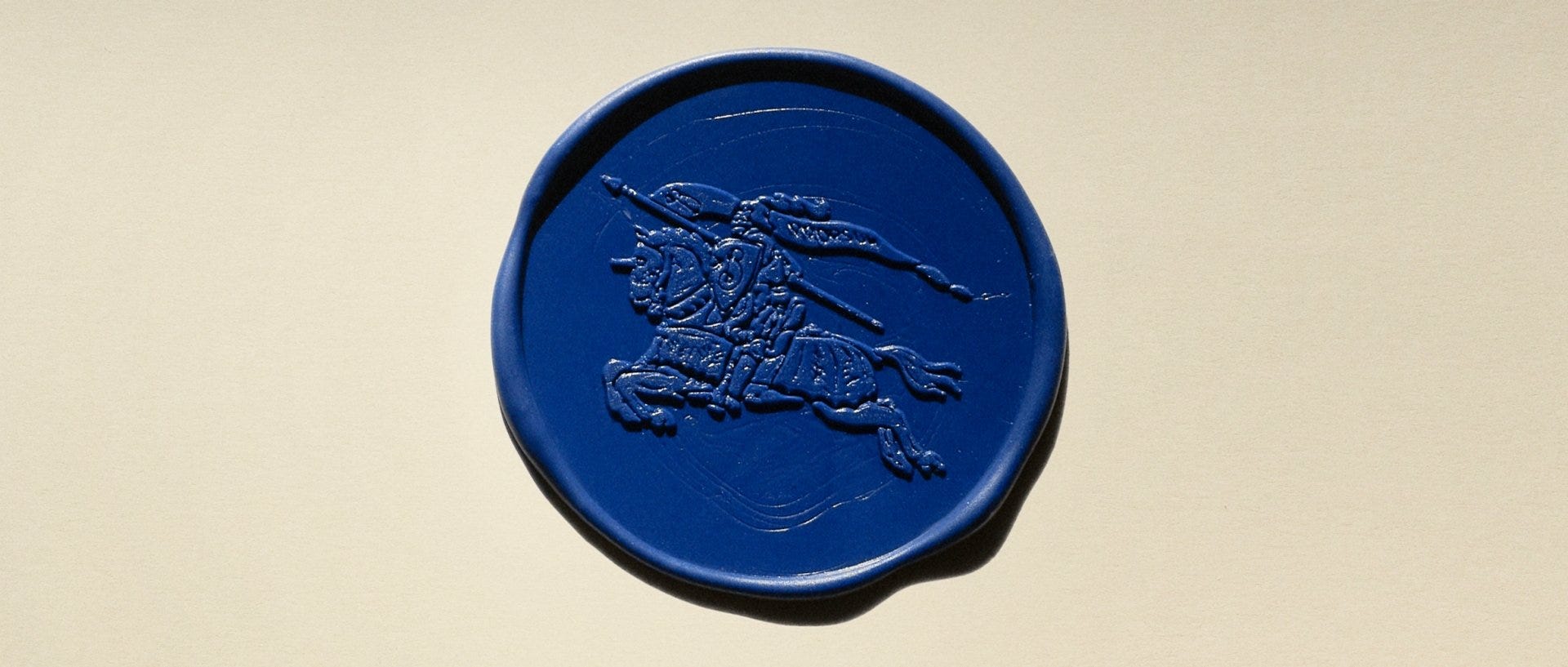Upgrade to paid to play voiceover
Sir, more than kisses, letters mingle souls,
For thus, friends absent speak.John Donne, To Sir Henry Wotton
More of you should join the fray. You should write. We have an opportunity to take up the mantle of a great culture of letters which has fallen away.
Effective men can think and speak and write. Each compliments the other. Too many excellent men in …
Keep reading with a 7-day free trial
Subscribe to Becoming Noble to keep reading this post and get 7 days of free access to the full post archives.




